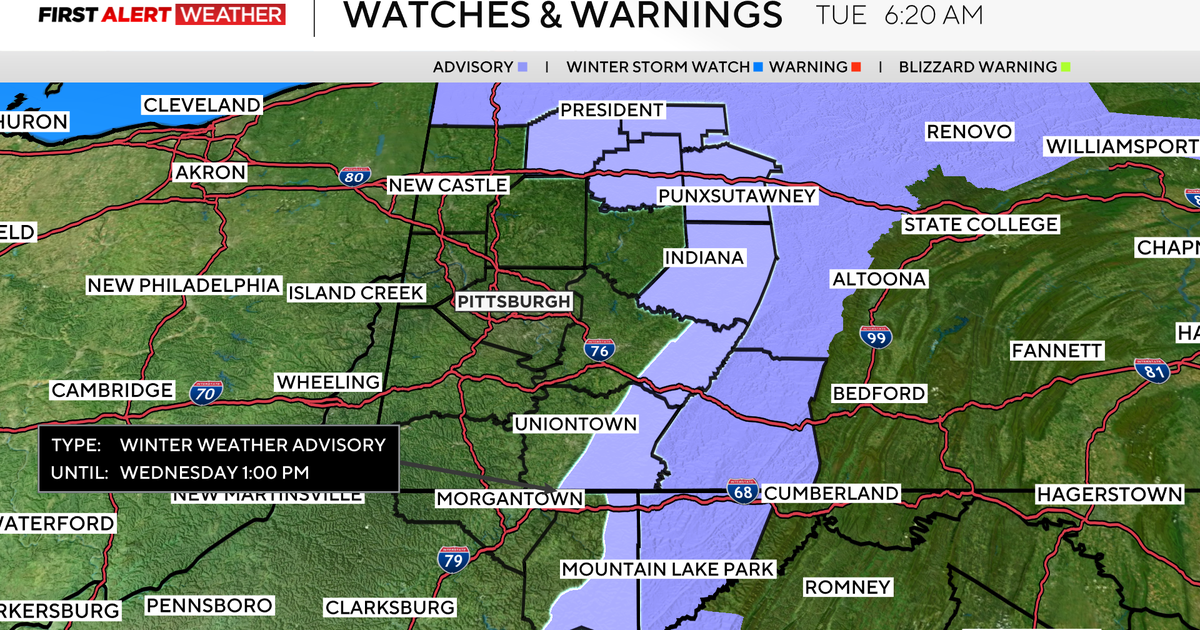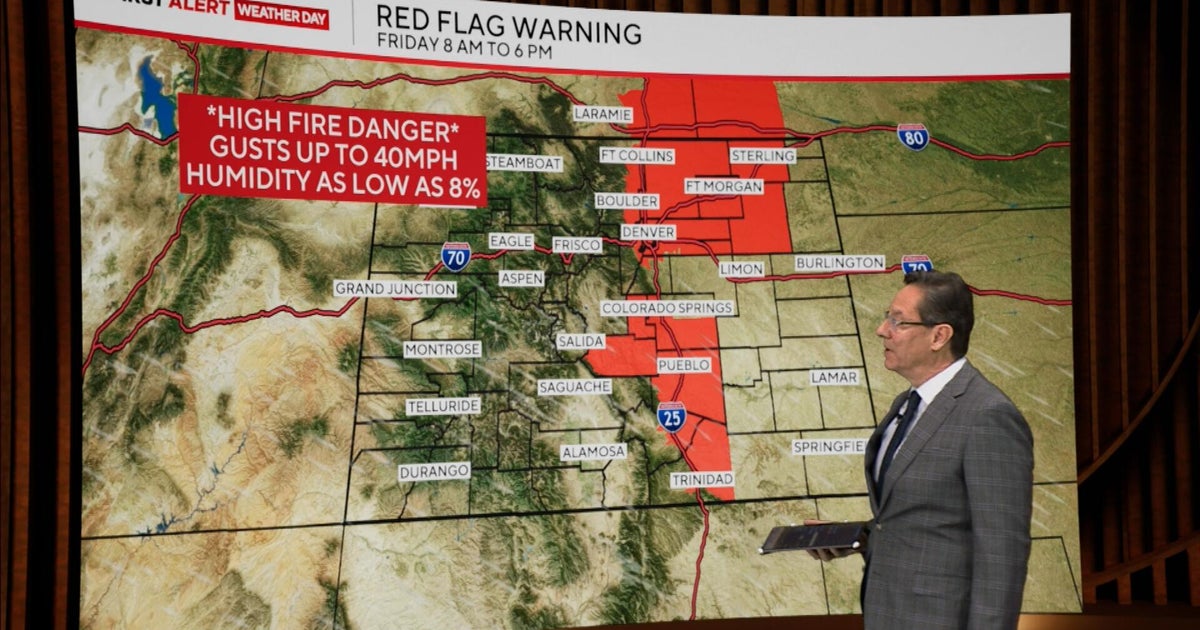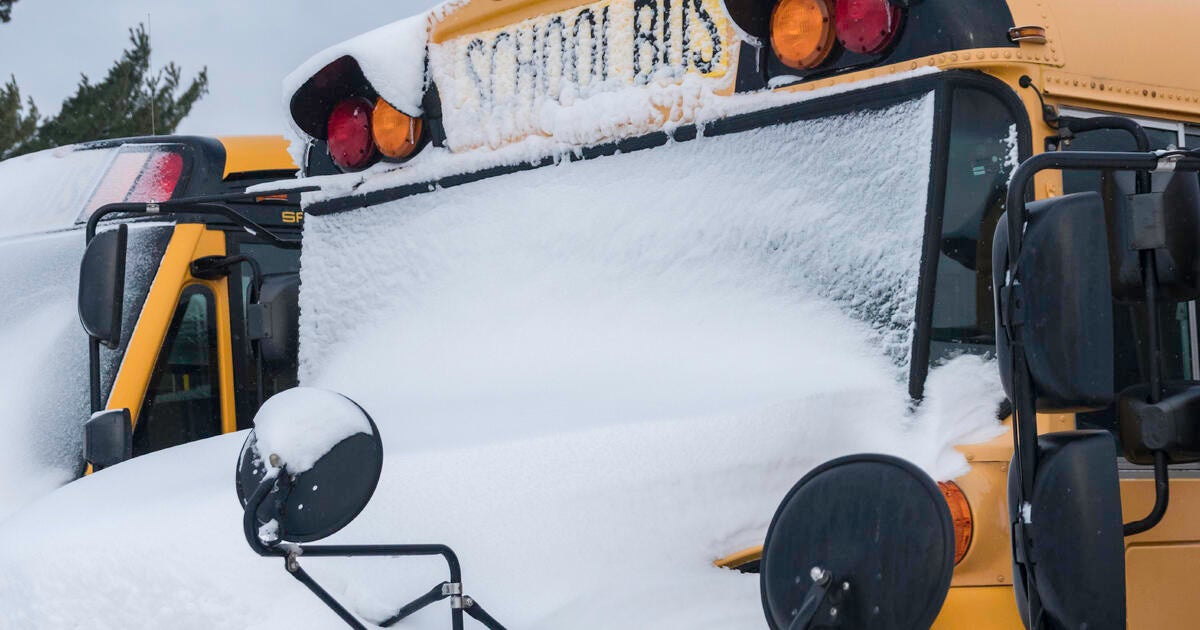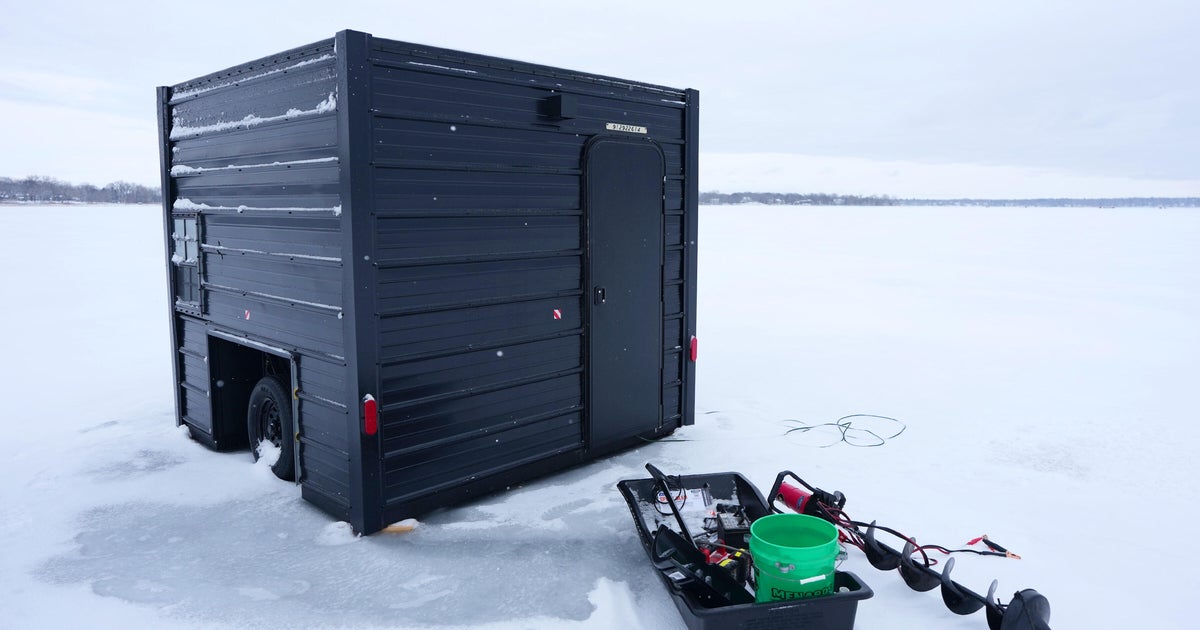Eye On Weather: Harsh Winter's Impact On Gardening
BOSTON (CBS) - While some of the spring blooms may be delayed a bit from the lingering snow and cold, surprisingly, the harsh winter may not have been as damaging as we first thought.
For much of the winter, New England was encased in a glacier of snow, sometimes over two feet thick. And while many cringed at the never-ending white landscape, for Parlee Farms in Tyngsboro, it's exactly what they wanted to see.
"(It's) farmer's gold. When you have snow, it protects the strawberries for the winter and it's like a warm blanket that keeps them from getting real cold," Parlee Farms owner Mark Parlee told WBZ-TV.
"It didn't seem to get cold enough to damage our blueberries or our apples, so they came through alright. We're a little concerned on the peaches and the cherries, so overall, I'd say the snow was good."
One fear for many homeowners over the winter is property damage, especially to trees and shrubs. But this year, the damage was surprisingly low.
"We had a lot of snow this winter, but I think it really has to do with what happened in years' past. The past two years, three years, we had Sandy, we had the Nor'Easter of Halloween, we had Irene and I think that really took care of a lot of the poorer performing trees, some of the trees and limbs and branches that were in a weakened state," said Quentin Nowland of Lynch Landscape and Tree Service in Wayland.
But Nowland expects to be busy this spring.
"You probably noticed in November, December, a lot of the brown moths flying around, maybe on the headlights as you're driving your car, on the door, maybe around the lights on your house. Those in the winter are harmless, but give it about another month or so, and you're going to start seeing these little green, one inch caterpillars. Those caterpillars are going to start de-foliating trees," he said.
And there's only one way to get rid of them.
"You can have up to 100,000 caterpillars in a tree, so we have teams and crews of arborists that will go out and actually spray and protect these trees."
Now that the snow is gone, it's time to start planting.
"April is the month you get out in your garden and you get started. The first thing you want to do is spend some time in cleaning up your garden, moving all that winter debris," Mark Saidnawey of Pemberton Garden Services told WBZ.
"About the second week is when you can finally start adding your pansies and other spring blooming plants. You can definitely start your cold crop vegetables, like lettuce, parsley, cauliflower, Brussels sprouts, all that stuff that can take the cold."
So what about summer time favorites like tomatoes and cucumbers?
"Mother's Day, plant away! That's a motto that we live here by, so I think in the middle of May you can plant your tomatoes, your other tender vegetables. All your annuals should be ready to go into the ground by then and, of course, perennials, roses, should be safe to go," Saidnawey said.
Obviously, when it comes to gardening in New England, it is very important to pay attention to those morning low temperatures. While every season can be different, typically the final frost in Boston occurs the second week of April and about a month later in the suburbs.
MORE LOCAL NEWS FROM CBS BOSTON







